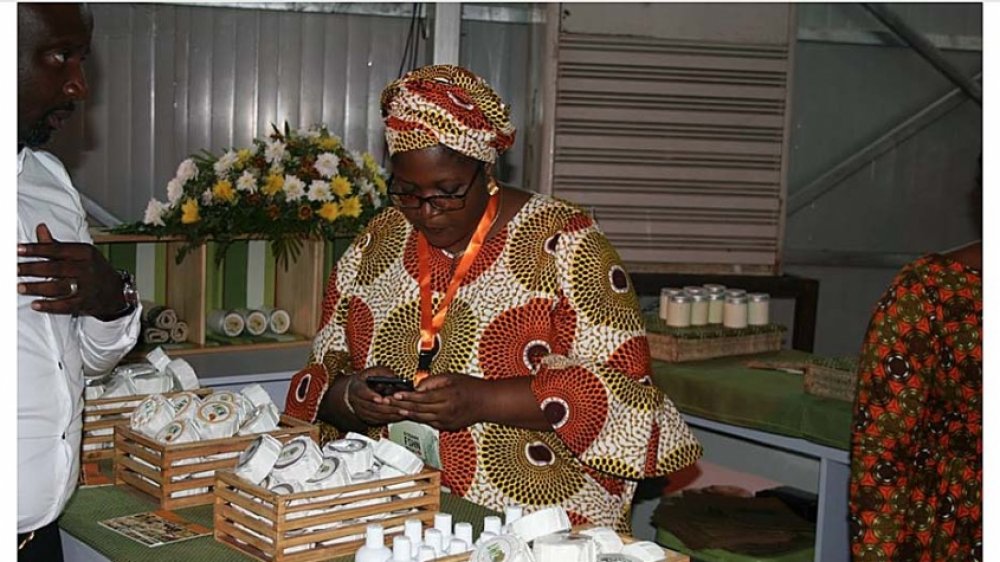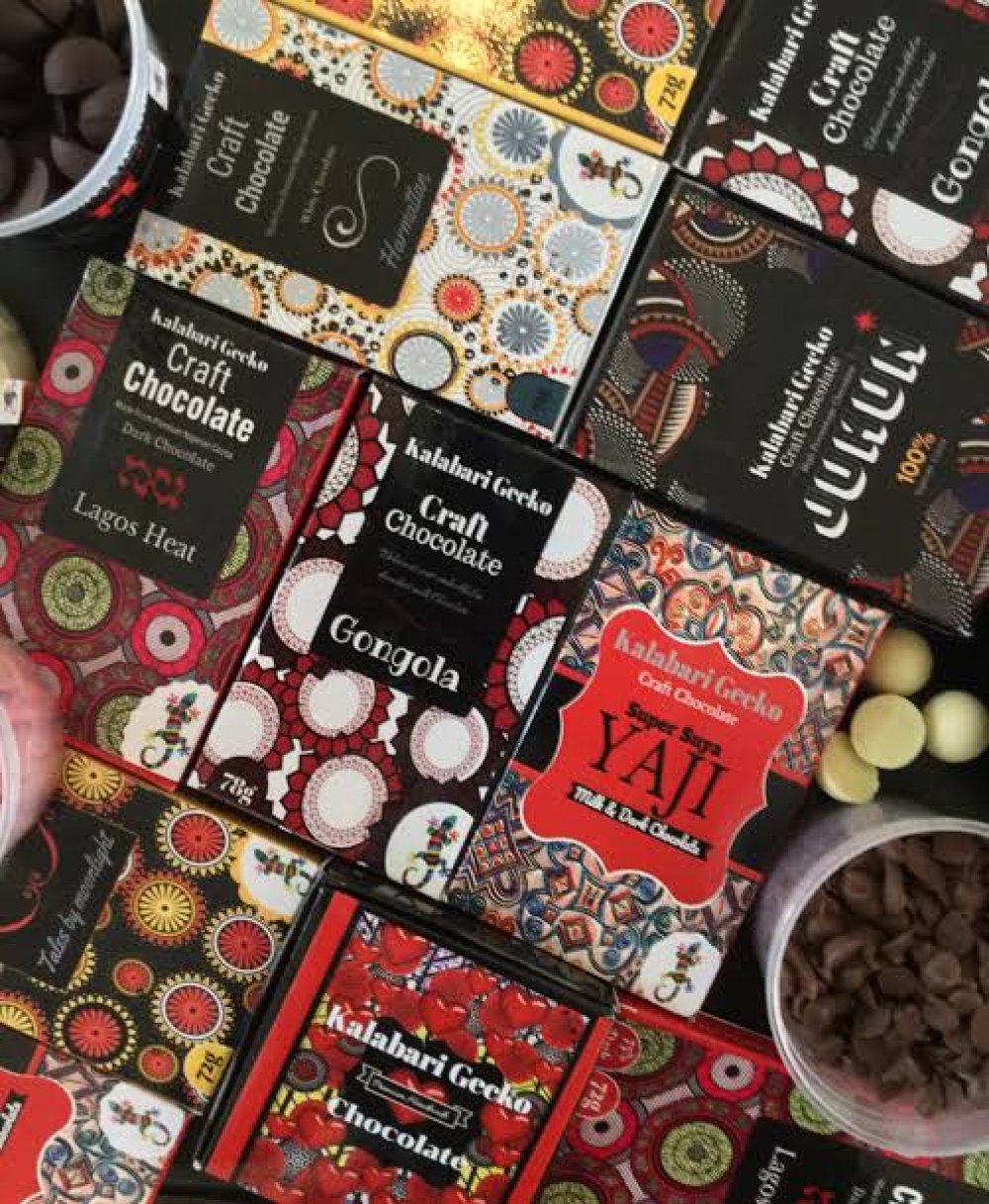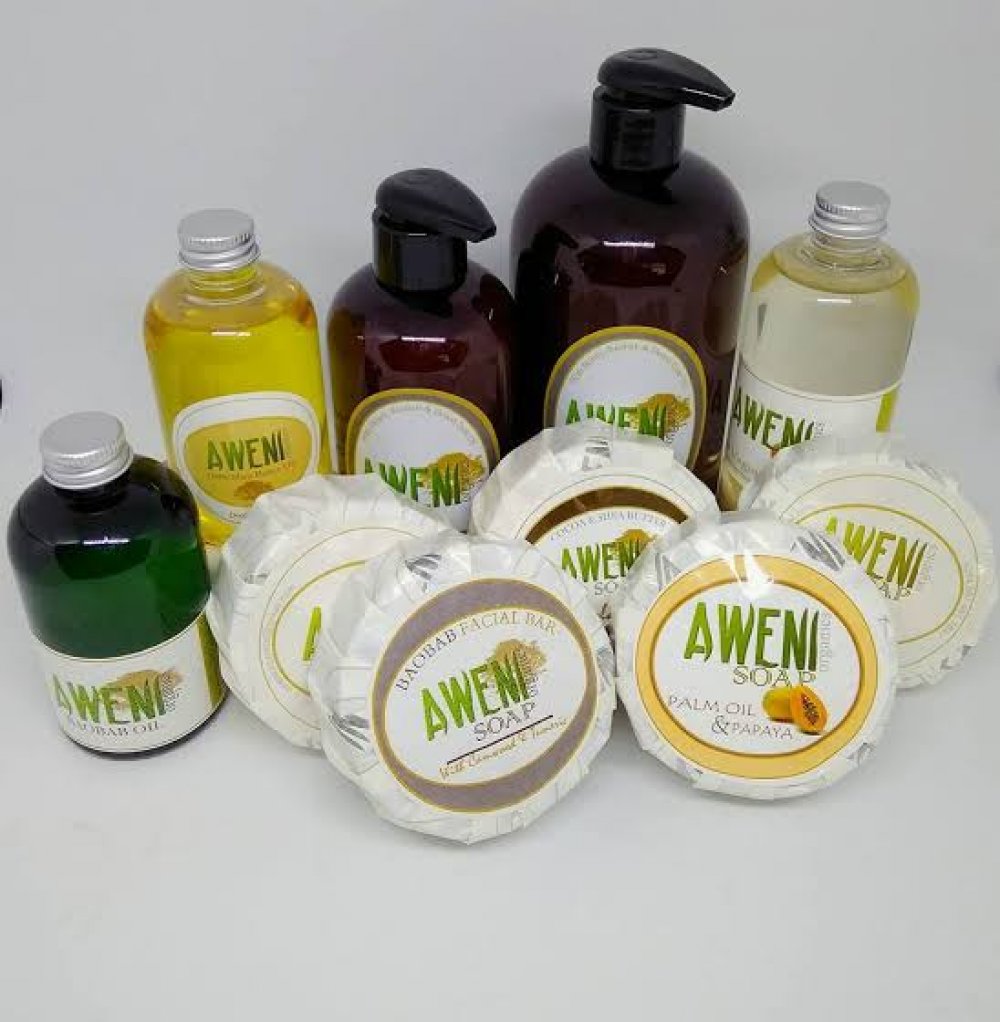Other Pages
- Opinion Poll
- About Us
- Send Your Story
- Contact Us
- Newsletter
- Privacy Policy
- Terms and Conditions

The impact of women in the development of a nation can't be overemphasised, not with words or actions. Women have grown rapidly from being perceived as a weaker vessel to being a corporate leader and an economy influencer.
The world has outlived the days when women are considered inferior to men. Today, our generation is a living witness to the fact that what a man can do, a woman is equal to the task, and probably do better; and the world is better off because of this balance in productivity.
Women have taken the bull by the horn, crushed through concrete walls, to become employers of labour and contribute their quarter to aid the growth of the Nigerian economy through their small and medium enterprises.
Remember, a drop of water makes an ocean, so the small and medium enterprises in Nigeria are critical to cutting the unemployment rate within the country and alleviate poverty in the communities where they are situated and operating from.

Two entrepreneurs, Princess Odiakosa and Tomi Pearce are striving to put an end to the importation of foreign-made goods and products that have flooded various markets in Nigeria. These entrepreneurs are looking within the shores of Nigeria to utilise the country's natural resources, produce goods or products that can compete in the local and international market, while positioning Nigeria as a producing country globally.
How they are competing in a market monopolised by foreign brands
Princess Odiakosa and Tomi Pearce are both players weathering the storm in hope of a profitable future. About four years in the Confectionery business, and Princess Odiakosa’s Kalabari Gecko – a chocolate startup - is brewing with confidence it can disrupt the dominance of foreign Confectionery companies in the Nigerian market.

And just like Odiakosa, Tomi Pearce’s Aweni Organics is operating in a monopolistically competitive market that is dominated by foreign products backed by multinational companies. Pearce quit journalism to become a player in Nigeria's natural beauty products industry that is still intoxicated by the presence of international brands.
It might seem like a big risk for both entrepreneurs, but they are counting on the momentum behind the buy-naija-to-grow-naira initiative as well as events that offer platform to small and medium businesses within Nigeria that aid to bridge the gap between their customers and products.
Both Pearce and Odiakosa were among entrepreneurs invited by Nigerian lender, GTBank, to showcase their products. While Odiakosa was opportuned to display her chocolate bars at the 2017 GTBank Foods and Drinks festival, Tomi Pearce showcased her skincare brands at the 2017 GTBank Fashion Weekend. Opportunities like this, they believe can help them compete better against foreign products.
Motivation behind their business
Odiakosa founded Kalabari Gecko to capitalise on the natural resources within the country having been stunned by the increase in raw materials exported only to be imported as refined products at a costly price.
“I just feel like there is that void where we have all the choco like every other materials, but we just send them away and bring them back refined or sold back to us refined,” Odiakosa said.
While Pearce quit Journalism to nurture her childhood passion which she first experimented on at the age of 16-years-old. She had experimented on Shea Butter and a variety of creams, and according to her, the result produced a radiant and glittering baby skin which reflects on her.
Two sides of a coin
Odiakosa is striving to ensure the company keeps to its goal of offering Nigerians 100% locally produced chocolate bars, and a downward of bank’s interest rate will make the goal possible and profitable, according to her.
She disclosed she had tried to seek a loan but was discouraged by the requirement which wasn't what she could afford, making her family and friends the only source of capital.
“I have approached a couple, they have given me guidelines as to what I need to make available, and then again, their rates are not really something I can afford for now. But I've got a day job. So my day job is supporting for now. Until someone decides to invest, I just keep growing organically. (Though) Friends have been supportive and family.” She said.
But for Pearce, seeking loans is out of her means for capital. She did rather grow Aweni Organics with her personal funds than to approach a commercial bank for money to support her business. And without requesting capital support from financial services, she has maintained the operation of Aweni Organics for more than six years now.
“I come from a family where they say never borrow never lend.” She simply put.

Opting for local raw materials
As already evident in Odiakosa’s motivation behind establishing Kalabari Gecko, she believes it’s time for Nigeria to be self-sufficient by depending on local materials to produce consumables.
Nigeria’s oil resources haven't benefited Nigerians because crude oil is exported, and the chocolate sector is already heading in the same direction, but Odiakosa won't have that. She said Nigeria has more to gain when the natural resources are utilised here in Nigeria, than when they are exported and imported as refined products.
Pearce shares Odiakosa’s sentiment by making Nigeria the source of raw materials needed for her business. She, however, disclosed that she only import a small percentage of raw materials that can’t be found in Nigeria, and that's from fellow African countries.
To these business minds, sourcing for raw materials within Nigeria helps reduce the cost of operation, as that eliminates the impact of FX on their products.
Business model of both Aweni Organics and Kalabari Gecko
To compete better against industry players, both Aweni Organics and Kalabari Gecko employed the operation model of Business-to-Consumer (B2C) and Business-to-Business (B2B). This has helped Aweni Organics to stock its products in Beauty stores in Lagos, Abuja, Port Harcourt, Calabar, and Enugu State.
Kalabari Gecko's chocolate bar: Kalabari Gecko has a variety of chocolate bars named after things; Lagos Heat (Black chocolate), Harmattan (White chocolate), Tales by Moonlight (Milk chocolate), Gongora (Milk chocolate with nut) all priced at N1500.

Aweni Organics skincare product: The company's skincare products include Aloe Vera soap, Baobab Facial Bar, Chocolate Soap, Honey & Almond soap, palm oil & Papaya soap, Triple Treat Soap, Liquid African Black Soap, Grapefruit and Lavender Moisturising body butter, Avocado oil, Almond oil, Baobab oil, coconut oil, amongst many others ranging from N1,500 to N7000.
Challenges faced as entrepreneurs in Nigeria
For Kalabari Gecko and Aweni Organics, the major challenges have been the same with every other small and medium business in Nigeria; capital and electricity supply.
These two challenges have pushed many small and medium ventures to shutdown or struggle with sales. Most times, the money they can spend on marketing or advertising of their products, they spend it on sourcing for power supply.
While for capital, banks have made it difficult for small and medium businesses to acquire loans because of their requirements which most entrepreneurs say they can't afford. But the Central Bank of Nigeria (CBN) has created NIRSAL MFB to solve the collateral issue and support SMEs to expand and grow.
Journey so far for both entrepreneurs
Both Tomi Pearce and Princess Odiakosa have mixed reactions when it comes to their journey since establishing their various ventures. And it's understandable since they both operate different markets, have different customers, and different financial strengths.
For Odiakosa, the chocolate business has been an emotional and draining battle since she made an entry into the market. But the quest to transform Nigeria into an exporting country in the Confectionery business and help the federal government in its bid to reduce the importation level has propelled Odiakosa to weather the challenges in order to encourage new domestic players in the industry.
“It's been emotionally, financially and every way draining, but because of the love that this is the only country that we have, we are trying to do the best, trying to make the best of it. And then we are trying to create a platform for the younger people to look at and emulate that we are not just consumers but we create as well. So it's that thing that drives us, our government is not supporting us, so everyone is self-driven.”
And for Pearce, the journey has been good so far. She said her products have helped the Aweni Organics to build a strong customer base.
“So far so good, we have a very strong customer base. Once people start using our products, they stick with our product. So it's not customers who come once in a while and then go away. We have strong trusted customers who trust our products and constantly use them.”
0 Comment(s)